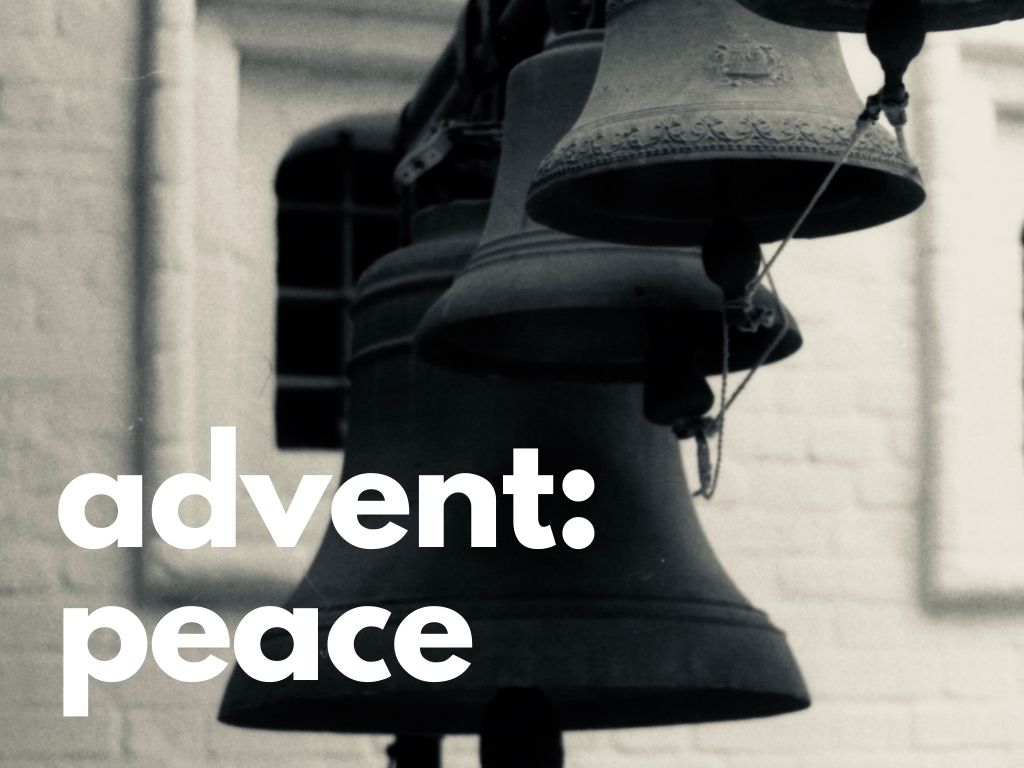
On Friday, December 25, 1863, Henry Wadsworth Longfellow wrote a poem seeking to capture both the dynamic and the dissonance in his own heart and in the world that he observed around him that Christmas Day. Henry had been widowed in a tragic accident two years earlier, when his wife Frances’ dress caught fire. He had awakened from a nap and desperately tried to smother the flames with a blanket and his own body, suffering dreadful burns in the process, but she had died the next morning. His grief was almost overwhelming and he feared being committed to a mental hospital because of it.
In March, 1863, Henry’s oldest son, Charley, age eighteen, left the family home without telling his father and enlisted in the Union Army to fight in the Civil War. On the December 1, as Henry dined alone at his home, a telegram arrived with the news that his son had been severely wounded — inaccurately stating that he had been shot in the face — four days earlier. On November 27, 1863, while involved in a skirmish during a battle of the Mine Run Campaign, Charley had been shot through the left shoulder, with the bullet exiting under his right shoulder blade. It had traveled across his back and nicked his spine. Charley avoided being paralyzed by less than an inch. Surgeons described the wound as very serious. Henry worried his son would never recover.
On Christmas morning, Henry Wadsworth Longfellow, the now-famous American poet, heard Christmas bells ringing in his town of Cambridge and the singing of “peace on earth,” but he observed the world of injustice and violence that seemed to mock the truthfulness of this optimistic outlook. Yet, deep down, he found himself with a confident hope even in despair that God was alive and righteousness would prevail. He penned words of peace in the poem, now a song, “I Heard the Bells on Christmas Day.”*
One quiet night in first-century Israel, a Jewish man named Joseph slept fitfully. He had gone to bed in despair. His betrothed Mary had announced she was pregnant. The child wasn’t his. As a man who loved God and wanted to serve Him faithfully, Joseph had few choices and no peace about what to do. He resolved to divorce Mary privately. Scripture says, “But as he considered these things, behold, an angel of the Lord appeared to him in a dream, saying, ‘Joseph, son of David, do not fear to take Mary as your wife, for that which is conceived in her is from the Holy Spirit. She will bear a son, and you shall call his name Jesus, for he will save his people from their sins.’” (Matthew 1:20–22)
At Christmas, we all find ourselves hoping for “peace on Earth” or at least peace in our own lives. Yet, as we look at the world around us, we often despair that peace can never come. Is that true? Longfellow’s poem ends: “Then pealed the bells more loud and deep: 'God is not dead, nor doth He sleep; The wrong shall fail, the right prevail, with peace on earth, good-will to men." Join us this Sunday at 9:00 a.m. as we continue our Christmas series, “Advent,” and experience the true peace found in Jesus.
Pastor Kevin